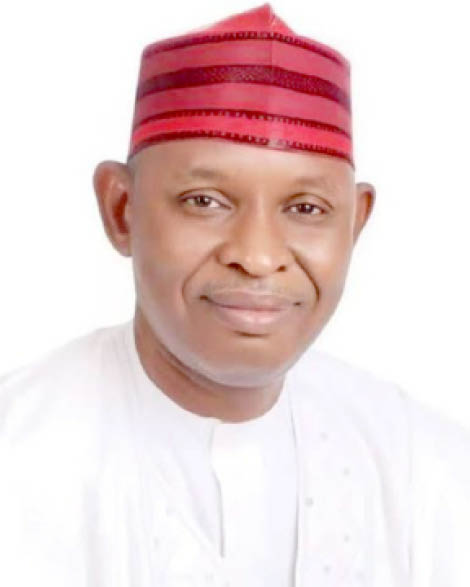The Kano State Governor, Abba Yusuf, on Friday presented the 2025 Appropriation Bill of N549 billion to the state House of Assembly.
The governor described the proposed budget as a budget of revenue and expenditure.
Presenting the estimates of the budget proposal, he said, “Mr. Speaker, Honourable Members, the size of the proposed 2025 Budget is N549,160,417,663.00 billion. The capital component is N312,634,912,672.18 billion, while the recurrent expenditure is set at N236,525,504,990.82 billion.
“The 2025 budget, when approved is projected to have a ratio of capital to recurrent 57:43 percent respectively. Most of the capital spending will be in the social and economic sectors to the tune of 461,447,963,240.86.”
- NEDC, Chad Basin Commission strengthen collaboration on reclaiming the environment
- MNCH: Gov Yusuf re-opens Nuhu Bamalli maternity hospital
The governor presented the breakdown of both recurrent and capital allocations based on sectors, with education having the lion’s share of N168,350,802,346,19 which represents 31 per cent.
Health gets N90,600,835,766.48 covering 16.50 per cent; agriculture N21,038,199,190.76, representing 3.83 per cent; infrastructure development
N70,682,843,744.15, 12.87 per cent; manufacturing, commerce, industry and tourism to gulp N3,887,338,871.45 while the environment and sanitation gets
N15,523,154,078.47.
Others are governance unstitutions, N98,242,089,019.58; security, justice and emergency services N23,457,527,026.06, water supply and rural development N27,235,112,601.05; transport development, N12,805,155,000 while women, youth and people with special needs will gulp N17,337,360,000.
Gov Yusuf said the breakdown clearly indicated that the priorities of his administration in 2025 is human capital and infrastructural development.
He said, “We have pledged to increase access to quality education despite the meager resources. In line with this, I want to inform this respected chamber that we are considering the resuscitation of Kano Education Development Support, KEDS, under the Ministry of Education.
“It is our plan to develop it into a functional agency that will support the funding of education specifically for Basic; Upper Basic and Post-Basic Education. On the other hand, trying to draw from TEFUND Counter funding by keeping to the terms for our tertiary institutions.
“Therefore, I believe the legislature will give the necessary legal teeth in fine tuning its edict for full implementation.”

 Join Daily Trust WhatsApp Community For Quick Access To News and Happenings Around You.
Join Daily Trust WhatsApp Community For Quick Access To News and Happenings Around You.